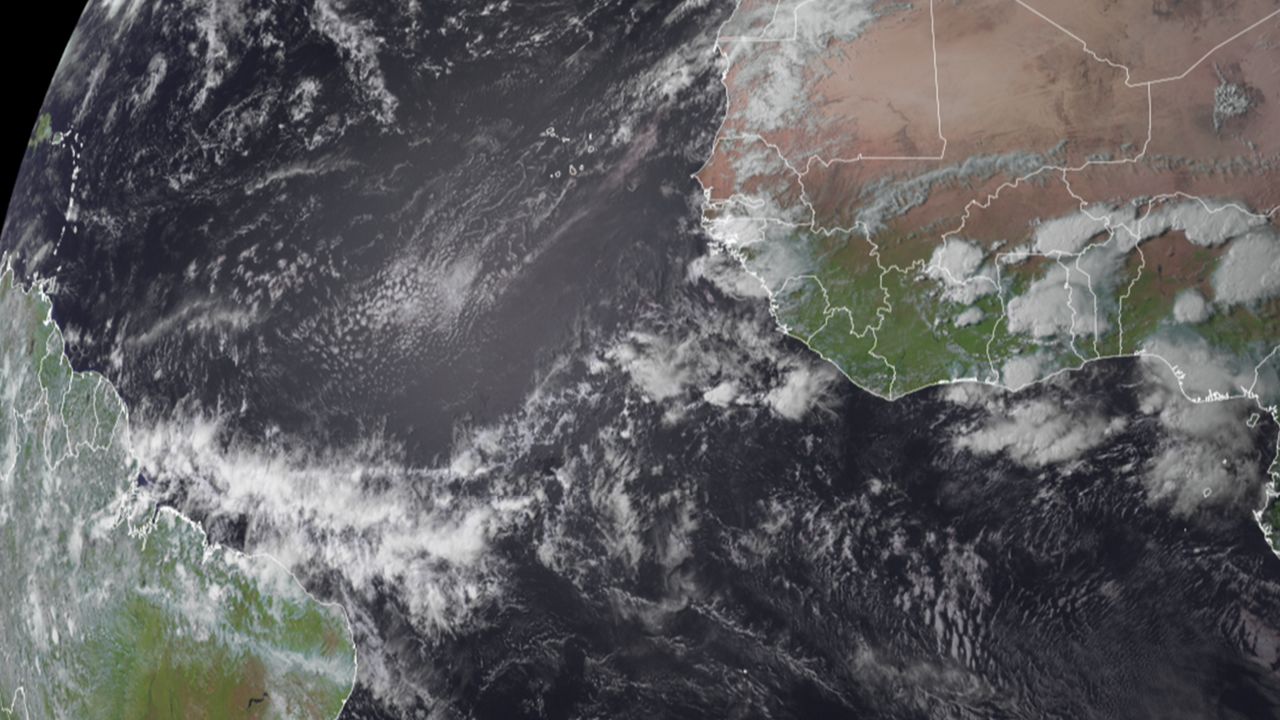On Sunday, the National Hurricane Center (NHC) detected our first tropical wave of the season.
The NHC is closely monitoring an area of strong to moderate convection off the coast of West Africa. Over the next day or two, it will continue to move west into the Atlantic, south of the Cape Verde Islands. However, no development is expected.
Spectrum News 13's chief meteorologist Bryan Karrick reassures that, "This time of year, we typically do not have our eye on the west coast of Africa for tropical concerns because the central and eastern Atlantic is still fairly hostile for tropical development."
Even though hurricane season doesn't officially begin until June 1, a tropical cyclone forming beforehand is not unheard of.
"If something were to develop in the month of May, it would most likely do so along fronts in the Gulf of Mexico or off the east coast of Florida, as was the case with Tropical Storm Arthur in May of 2020," Karrick explains.
While this tropical wave doesn't raise any big concerns for the U.S., it still serves as a reminder that hurricane season is on the horizon. Take a look at how hurricanes form to better understand why we track these waves.
It's never too early to prepare for the upcoming season by properly educating yourself with this year's expectations and having a plan in place.



